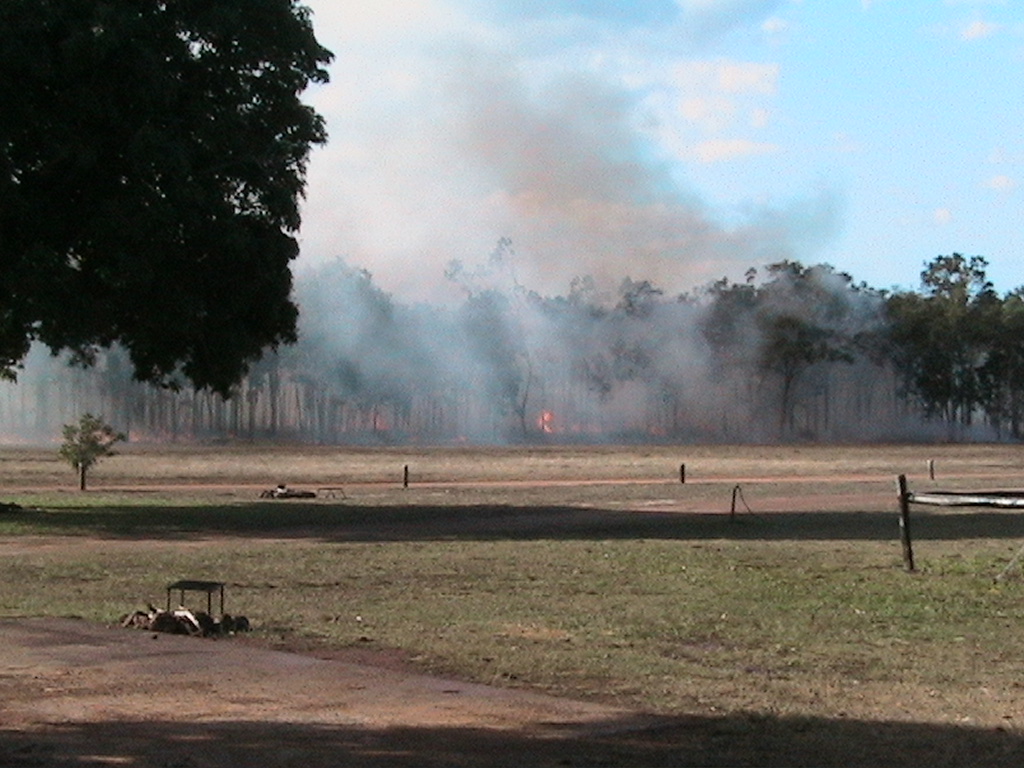The toll of prolonged bushfire emergencies on firefighter fatigue, both mentally and physically.


The toll of prolonged bushfire emergencies on firefighter fatigue, both mentally and physically.

How America Exploited Australia Through ‘Free Trade’ – Ian Verrender

ACT police apprehend a man suspected of stealing a patrol car and assaulting an officer.

Fire ants are emerging as floodwaters recede following the aftermath of ex-Tropical Cyclone Alfred.
It’s crucial to address the profound impacts of prolonged bushfire emergencies on firefighters, as their dedication to protecting communities often comes at a significant personal cost. Firefighter fatigue can manifest both mentally and physically, leading to exhaustion, decreased performance, and a higher risk of injury.
The mental toll can include anxiety, depression, and post-traumatic stress disorder (PTSD) as they witness the devastating effects of fires on people, property, and the environment. The cumulative stress from long hours and the high-pressure nature of their work can complicate their well-being.
To combat these issues, it’s essential for fire departments and support services to implement comprehensive mental health programs, regular debriefings, and access to counseling. Additionally, promoting adequate rest, physical rehabilitation, and ensuring proper hydration and nutrition can help mitigate some of the physical fatigue.
As a community, we must also recognize the sacrifices our firefighters make and provide them with the support they deserve. Their resilience is remarkable, but it’s vital we prioritize their health and well-being to ensure they can continue to serve effectively and recover from the demands of their critical role.